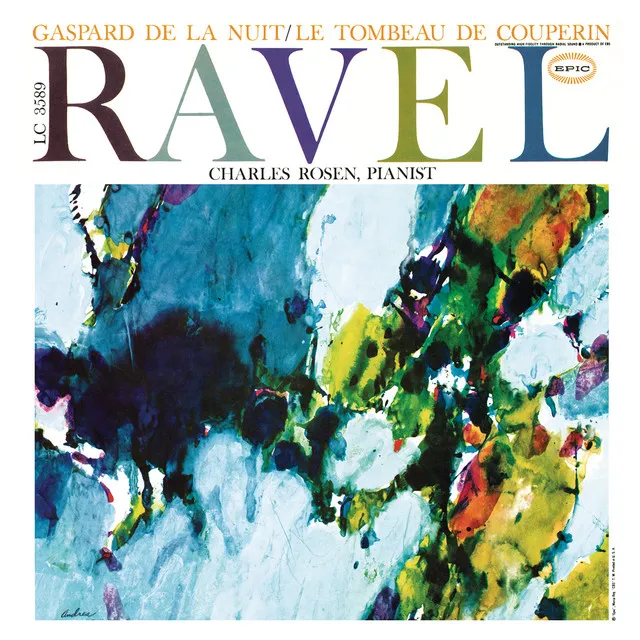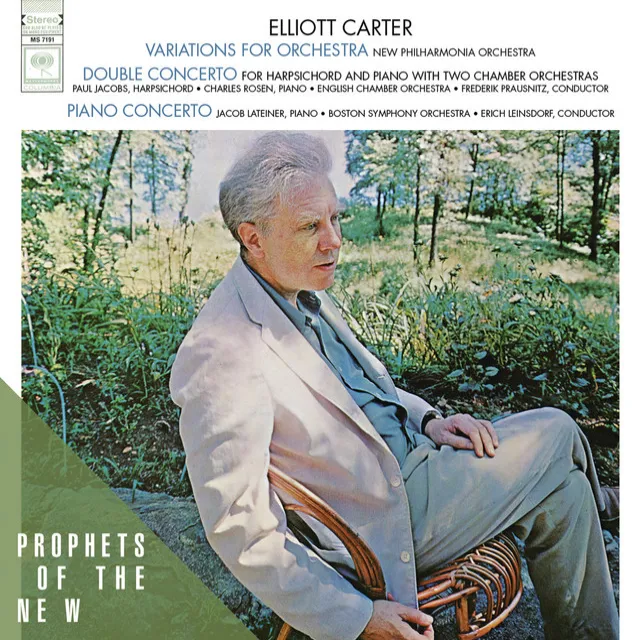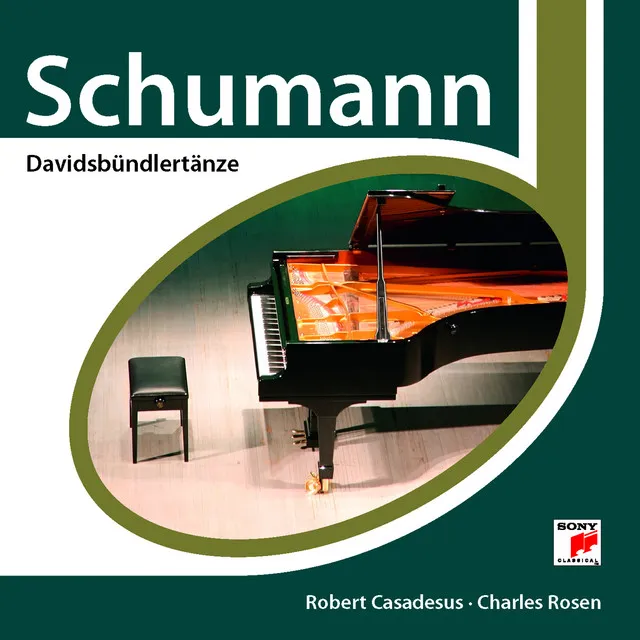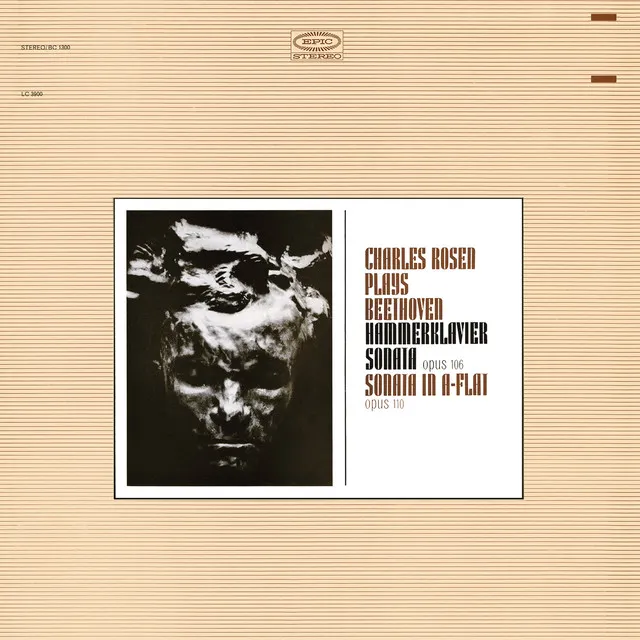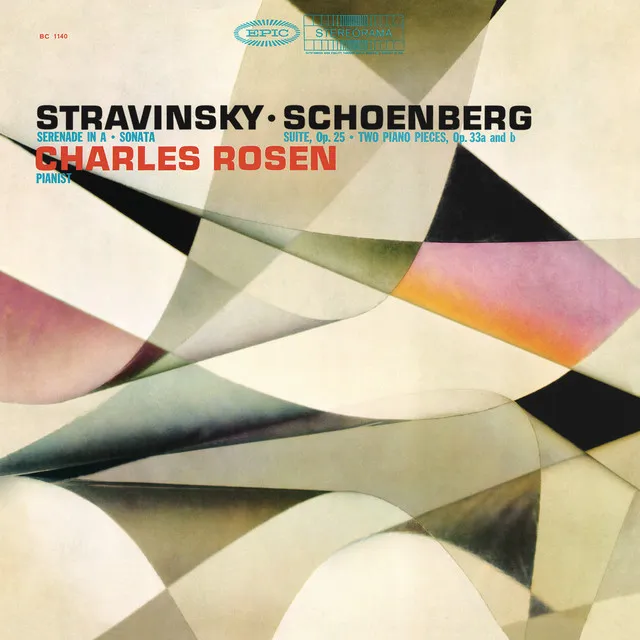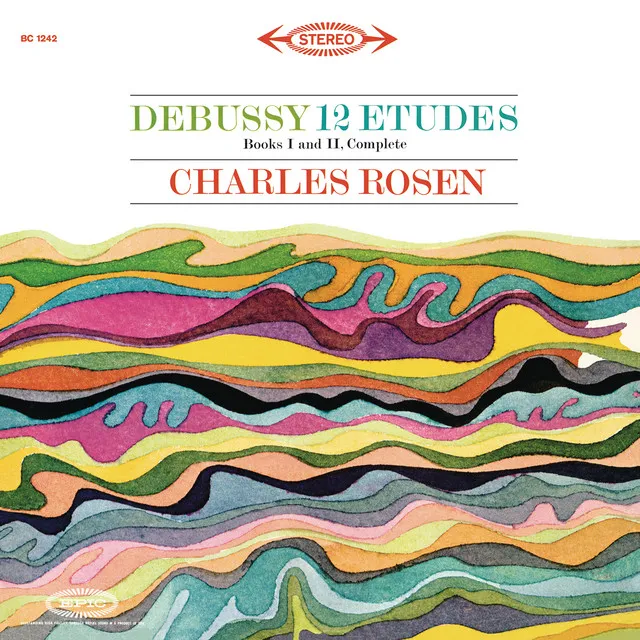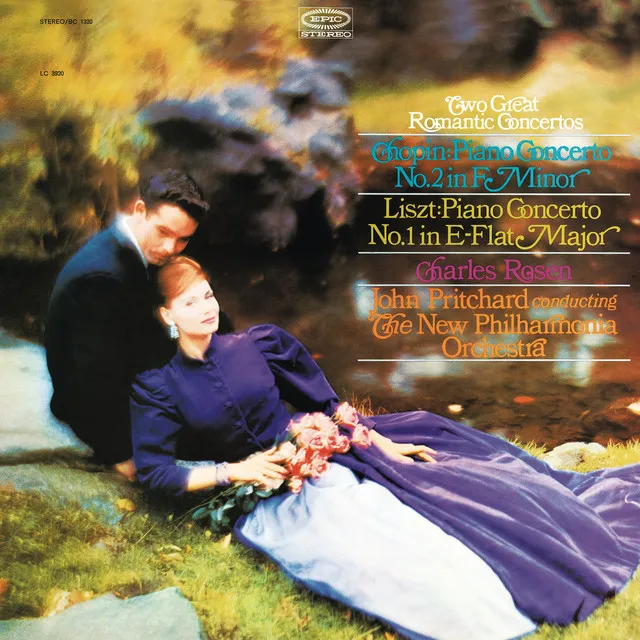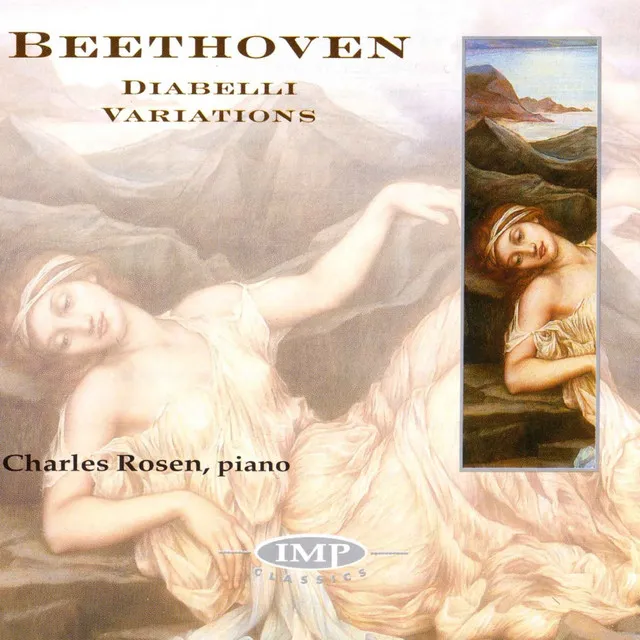Charles Rosen started young, with piano lessons at the age of four, then studied at the Juilliard School from ages 7 to 11. For the next six years he was a pupil of Moriz Rosenthal (who in turn had been a pupil of Rafael Joseffy and Liszt). When Rosenthal died in 1946, Rosen continued studying with his widow, Hedwig Kanner-Rosenthal, for a total of eight years. He also studied music theory and composition with Karl Weigl, and at Princeton University majored in music history and romance languages. He received his B.A. summa cum laude in 1947; his M.A, in 1949, and his Ph.D. in 1951 -- the year he made his New York piano debut. In addition to concertizing, Rosen taught Modern Languages at MIT (1953-1955), returning to academe in 1971 as Professor of Music at SUNY in Stony Brook. In 1976-1977 he served as Ernest Bloch Professor of Music at UC Berkeley; held the prestigious Charles Eliot Norton Chair at Harvard in 1980-1981; was George Eastman Visiting Professor at Oxford in 1988, and from 1986 until his retirement in 1996, was Professor in the Committee on Social Thought and Music at the University of Chicago.
In three farewell concerts there on successive nights he played Elliott Carter's Night Fantasies (as a guest of the Contemporary Chamber Players); a solo program of Beethoven (Op. 110 Sonata), Schumann (the original manuscript version of Fantasie in C), and Chopin (one of whose pupils had been the first teacher of Rosen's own beloved teacher, Moriz Rosenthal); and finally the Brahms First Piano Concerto with the University of Chicago Symphony Orchestra. Three years later in London he broadcast Rosen on Chopin, a series of programs on BBC Radio 3 commemorating the sesquicentennial of the composer's death.
Concurrently with concertizing, he recorded for Columbia/CBS Masterworks -- Bach's Art of the Fugue, original editions of music by Schumann and Chopin, the Liszt First Piano Concerto (to the surprise of many unaware of his pedagogical heritage), Beethoven's last six sonatas (Opp. 90-111) and "Diabelli" Variations. He also recorded the complete solo piano music of Pierre Boulez, Stravinsky's Movements for Piano and Orchestra at the composer's request (with the composer conducting), and a CD of Elliott Carter's piano music: Night Fantasies, the Piano Sonata, and 90+ (composed in 1996). He also recorded Webern's Op. 7 Violin Pieces with the late Isaac Stern.
Pianism and pedagogy were not Rosen's only areas of concentration, however. In 1971 he published the provocative first edition of The Classical Style, later reprinted in five languages, and revised in 1997 with an additional chapter. This was marketed with a CD of the author playing Beethoven's Opp. 106 and 110 sonatas. In 1995 he brought forth The Romantic Generation, which included a spirited and eloquent defense of Berlioz, and in 2000 published a selection of essays as Critical Entertainments. Among 20th century artists he was an intellectual of the first order -- perhaps the most authentic of all -- not excluding Alfred Brendel or Maurizio Pollini. If Rosen's piano tone was not always ingratiating or his style unbending, at his best he illuminated the keyboard music of Western history's most "serious" composers -- from Bach to Stravinsky, Carter and Boulez, by way of Haydn, Mozart, Beethoven, Schubert, Chopin, Schumann, Liszt, and Brahms. Nothing in his art was ever trivial. As a performer, educator, and writer in one package, Charles Rosen is likely always to be recognized as unique.
